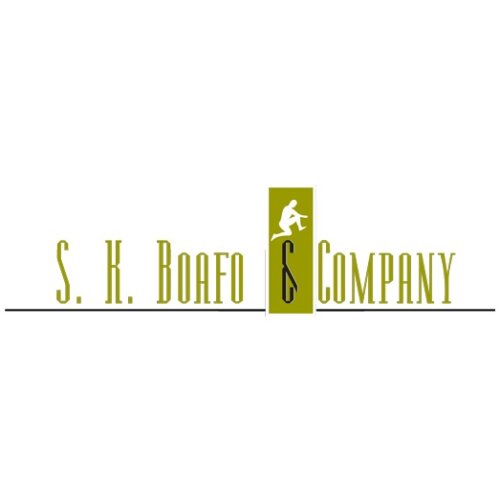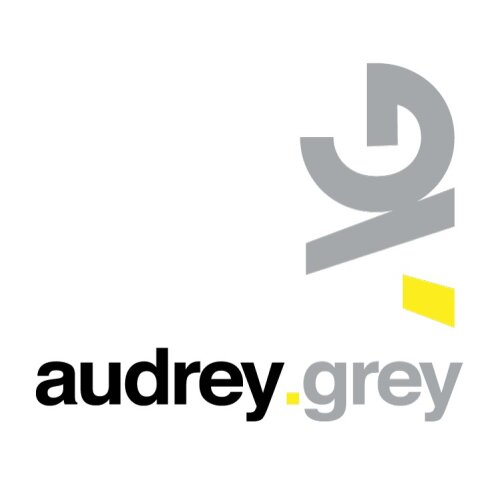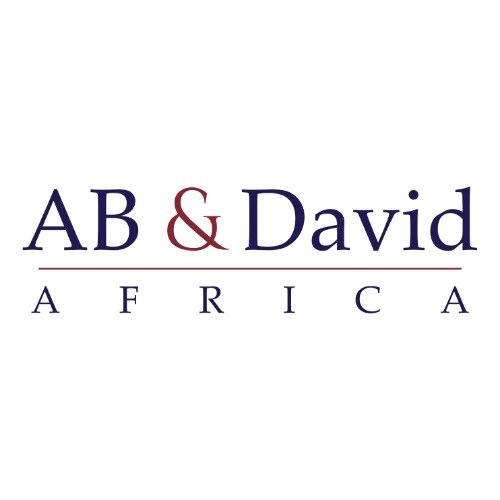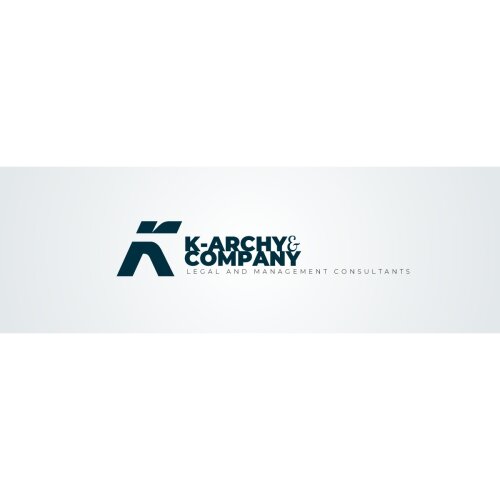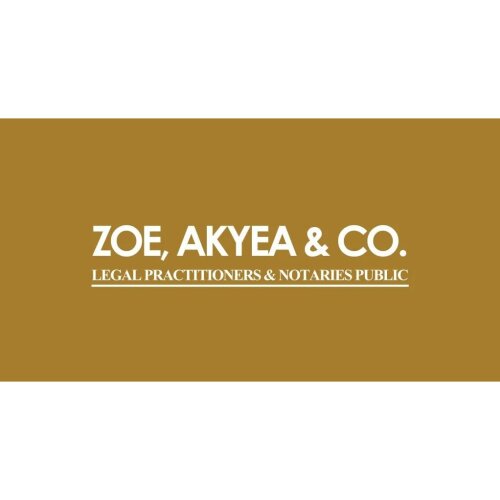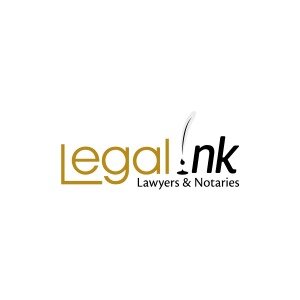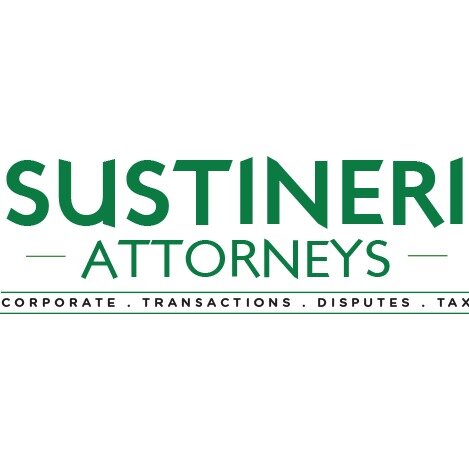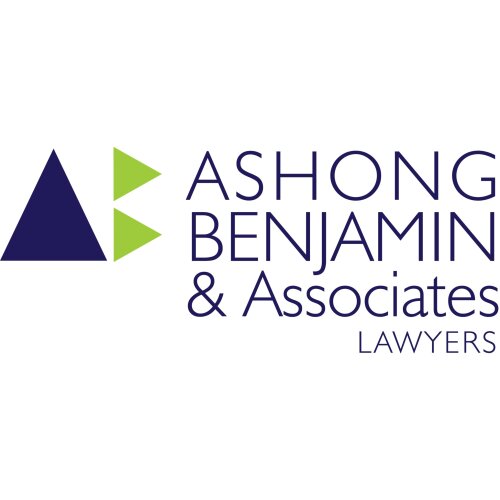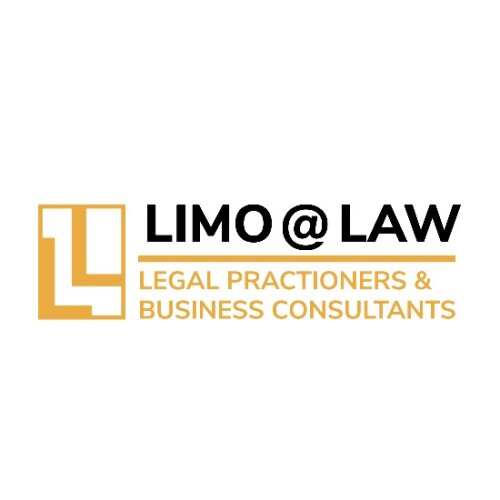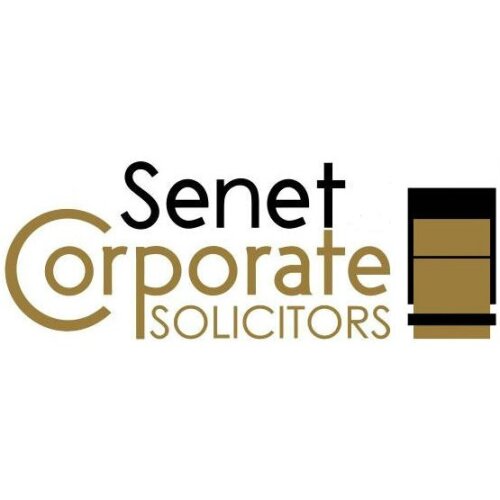Best Structured Finance Lawyers in Accra
Share your needs with us, get contacted by law firms.
Free. Takes 2 min.
List of the best lawyers in Accra, Ghana
About Structured Finance Law in Accra, Ghana
Structured finance in Accra, Ghana refers to a complex set of legal and financial transactions that are designed to facilitate large-scale funding solutions, risk management, and the allocation of capital for businesses, governmental bodies, and financial institutions. This field encompasses various instruments such as asset-backed securities, collateralized debt obligations, and syndicated loans. In Ghana, the practice of structured finance has gained more prominence as the economy grows and global investment increases, resulting in heightened demand for expertise in managing financial risks and optimizing financial structures.
Why You May Need a Lawyer
Given the complexity and risks associated with structured finance, seeking legal advice is essential for anyone participating in these transactions in Accra. Common situations where legal assistance may be required include:
- Advising on regulatory compliance for structured financial instruments
- Drafting, reviewing, and negotiating structured finance agreements
- Assisting with the structuring of securitization transactions
- Ensuring the protection of creditors’ and investors’ interests
- Guidance in cross-border transactions involving local and international laws
- Advising on tax implications and structuring
- Managing legal disputes arising from structured finance deals
- Facilitating due diligence for originators, sponsors, and investors
Legal practitioners help clients navigate local and international laws, identify risks, and propose solutions to ensure their transactions are both profitable and secure.
Local Laws Overview
Several Ghanaian laws and regulations directly affect structured finance transactions in Accra:
- Companies Act, 2019 (Act 992): Governs the formation and operation of companies, which are often parties to structured finance transactions.
- Securities Industry Act, 2016 (Act 929): Regulates the issuance and trading of securities, including asset-backed securities crucial for structured finance.
- Bank and Specialised Deposit-Taking Institutions Act, 2016 (Act 930): Sets guidelines for financial institutions that are often involved as arrangers or trustees.
- Borrowers and Lenders Act, 2008 (Act 773): Provides a framework for secured and unsecured lending, which is foundational for many structured finance deals.
- Income Tax Act, 2015 (Act 896): Contains tax implications relevant for structuring finance transactions and ensuring tax efficiency.
- Bank of Ghana Regulations: The Bank of Ghana issues directives related to prudential norms, risk retention, and disclosure, particularly for banks and financial market players.
A legal advisor familiar with these local laws can provide guidance on structuring compliant and efficient finance transactions.
Frequently Asked Questions
What is structured finance and how does it work in Ghana?
Structured finance involves complex financial transactions aimed at risk management or capital raising, using specialized legal and financial instruments. In Ghana, this generally means creating tailor-made products like asset-backed securities, often with involvement from banks and legal advisors.
Who are the main participants in structured finance deals in Accra?
Participants typically include originators (such as companies or banks), investors, arrangers (often banks or specialist institutions), trustees, legal advisors, and regulators such as the Securities and Exchange Commission.
What types of financial products are common in structured finance in Accra?
Common products include asset-backed securities, receivables financing, syndicated loans, collateralized loan obligations, and securitizations involving various asset classes.
What local regulations must be considered for structured finance transactions?
Transactions must comply with laws like the Companies Act, Securities Industry Act, Bank and Specialised Deposit-Taking Institutions Act, Borrowers and Lenders Act, as well as Bank of Ghana directives.
How important is legal due diligence in structured finance deals?
Legal due diligence is essential to identify potential legal risks, confirm the enforceability of assets, and verify that all parties have the legal capacity to participate in the transaction.
Can foreign investors participate in structured finance deals in Ghana?
Yes, foreign investors can take part, but they must comply with local laws, foreign exchange controls, and regulatory approvals, often requiring guidance from a lawyer specializing in cross-border finance.
What are the risks involved in structured finance transactions?
Risks include credit default, legal and regulatory breaches, operational failures, tax exposure, and counterparty insolvency. Legal advice is crucial to mitigate these risks.
How does taxation affect structured finance deals?
Taxation impacts the structuring of deals, returns on investment, and compliance requirements. A lawyer can help craft tax-efficient structures and ensure compliance with the Income Tax Act.
What remedies are available in case of default or dispute?
Remedies depend on contractual provisions and applicable laws, but may include asset repossession, court action, and alternative dispute resolution mechanisms.
How do I select a structured finance lawyer in Accra?
Look for lawyers or law firms experienced in finance, well-versed in local regulations and international best practices, with positive client references and a strong understanding of the Ghanaian business environment.
Additional Resources
For those seeking more information or support in structured finance, the following organizations and governmental bodies are particularly relevant:
- Bank of Ghana: Regulatory authority for financial institutions and issuing guidelines for structured finance.
- Securities and Exchange Commission, Ghana: Regulates the securities market, crucial for asset-backed instruments and investor protection.
- Ghana Association of Bankers: Offers industry insights, best practices, and regulatory updates.
- Ghana Stock Exchange: Information on listed structured financial products and guidance for issuers and investors.
- Ghana Bar Association: Provides listings and specialized sections for finance law practitioners.
Next Steps
If you are considering entering into a structured finance transaction or require legal advice in Accra, Ghana, take the following steps:
- Organize and clearly define your objectives and the type of structured finance transaction you are interested in.
- Identify the laws and regulations that will impact your transaction, or seek a lawyer’s advice to clarify them.
- Consult with a specialized structured finance lawyer or law firm with experience in the Ghanaian market.
- Prepare all relevant documents and background information for your first legal consultation.
- Follow your lawyer’s guidance regarding due diligence, documentation, compliance, and negotiation strategies.
Structured finance is a specialized and evolving area in Ghana. Getting expert legal advice early in the process can help avoid costly mistakes, ensure regulatory compliance, and protect your interests.
Lawzana helps you find the best lawyers and law firms in Accra through a curated and pre-screened list of qualified legal professionals. Our platform offers rankings and detailed profiles of attorneys and law firms, allowing you to compare based on practice areas, including Structured Finance, experience, and client feedback.
Each profile includes a description of the firm's areas of practice, client reviews, team members and partners, year of establishment, spoken languages, office locations, contact information, social media presence, and any published articles or resources. Most firms on our platform speak English and are experienced in both local and international legal matters.
Get a quote from top-rated law firms in Accra, Ghana — quickly, securely, and without unnecessary hassle.
Disclaimer:
The information provided on this page is for general informational purposes only and does not constitute legal advice. While we strive to ensure the accuracy and relevance of the content, legal information may change over time, and interpretations of the law can vary. You should always consult with a qualified legal professional for advice specific to your situation.
We disclaim all liability for actions taken or not taken based on the content of this page. If you believe any information is incorrect or outdated, please contact us, and we will review and update it where appropriate.



